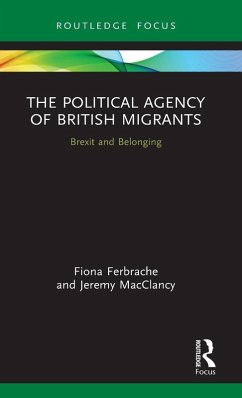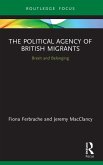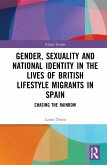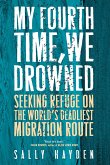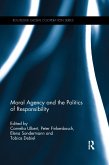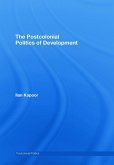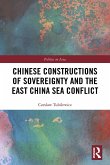This book offers a comparative analysis of the political agency of British migrants in Spain and France and explores how they struggle for a sense of belonging in the wake of Brexit. With the UK's departure from the European Union (EU), Britons are set to lose EU citizenship as their political rights are redefined. This book examines the impacts this is having on Britons living in two EU countries. It moves beyond the political agency of underprivileged migrants to demonstrate that those who are relatively well-off also have political subjectivities: they can enter the political fray if their fundamental values or key interests are challenged. This book is based on ethnographic inquiry into the political agency of Britons in the Spanish Province of Alicante and South West France in the twenty-first century. Themes such as Britons becoming elected as local councillors in their countries of residence, migrants' reactions to Brexit, organisation of anti-Brexit campaigners, and claims for residency and citizenship are examined. The book foregrounds the contemporary practice theory built on the work of Pierre Bourdieu, as well as Engin Isin's approach to enacting citizenship, to provide empirical insights into the political participation of Britons. It does so by demonstrating how the elected councillors stood against gross moral inequity and fought for a sense of local belonging; how campaigners emoted digitally in reaction to Brexit; and how some migrants, keen to remain without worry, learnt both to navigate and to contest the policy and practice of national bureaucracies. This book makes a first-ever contribution to the fields of anthropology and geography in the study of impacts of Brexit on British migrants within Europe. It is also the first study into lifestyle migrants as political agents. It will thus appeal to anthropologists, human geographers, sociologists, as well as academics and students of citizenship studies, migration studies, European studies, and political geography.
Hinweis: Dieser Artikel kann nur an eine deutsche Lieferadresse ausgeliefert werden.
Hinweis: Dieser Artikel kann nur an eine deutsche Lieferadresse ausgeliefert werden.

